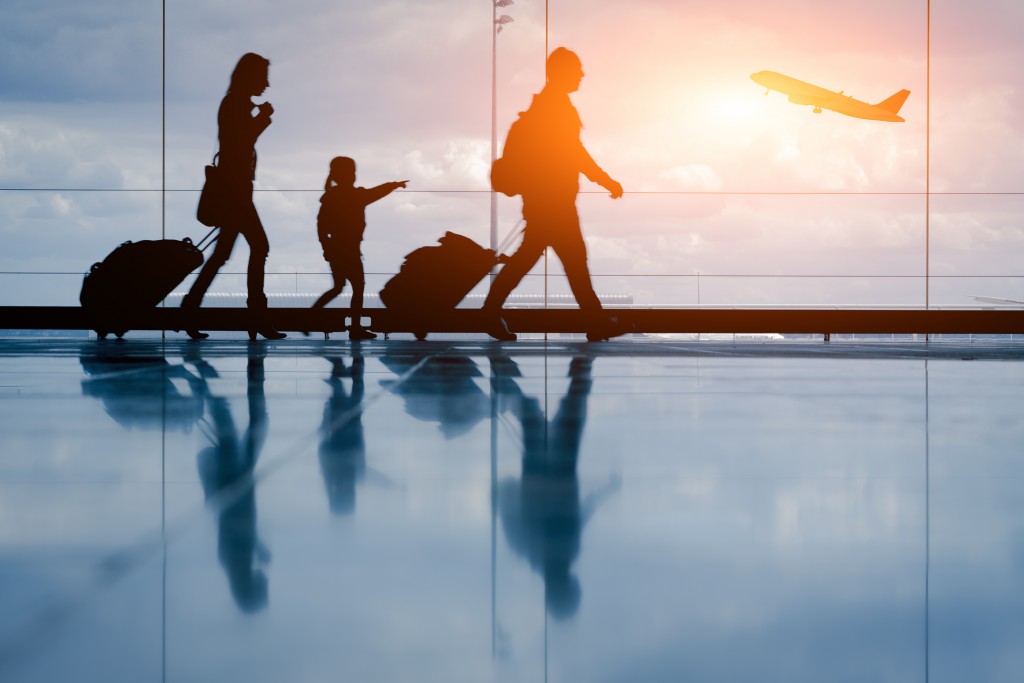When the pandemic started, two of the industries that were hit very hard were the tourism and hospitality industries. Any form of travel was discouraged at the onset, unless it is highly essential, to prevent the further spread of the virus in other places. This was done to help mitigate COVID-19’s effects which, unfortunately, was somehow still powerless against the dreaded disease.
Mitigating COVID’s Effects
The number of positive cases kept going up and almost all industries were put to a grinding halt. Most businesses closed shop, some temporarily, others permanently over the course of a few months in hopes of protecting their employees. Some companies employed different variations of remote work programs. Other establishments like restaurants and diners slightly tweaked their operations but still fought their way through it. And then some others pivoted and devised ways to manufacture products and provide services that were greatly needed at this time.
But where does that leave the travel and hospitality industries? Airbnb, for instance, lost over 70% of bookings just a few months in the pandemic and came close to the brink of destruction. Those who were planning on applying to become hosts for the company had either renovated their properties or took out mortgage loan products to develop houses for business. But when the pandemic hit, it seemed like they had no way of recovering at all.
But Airbnb CEO Brian Chesky and his team somehow have managed to navigate the pandemic and ended up recovering from it and even managing to go public with an unexpected blockbuster IPO in December.
3 Ways COVID-19 has Changed the Way We Travel
Despite the awe-inspiring success behind Airbnb’s tragedy-to-triumph tale, Chesky claims that the disease has forever changed the way people will do travel. He is quoted as saying that travel will never go back to the way it was before the pandemic. He clarified that it doesn’t mean it isn’t coming back. It will just be different.
What does he mean by “different?” How will travel be like in a post-pandemic world? Chesky cites these three things as the primary ways that COVID-19 has impacted travel and tourism:

People will travel more for leisure than business and work
Given that mostly everything is taking place online now, it might no longer be necessary for people to hop on planes and go to a business meeting or seminar. Technology has given us the tools and the pandemic has given us the push towards a more virtually connected workplace.
That said, business travel will become less frequent while trips that involve mainly leisure and visiting loved ones will be on the rise. This doesn’t mean that travel for work will be completely eliminated. There will still be a lot of instances where people who work remotely will need to physically check in at their headquarters periodically. However, business trips for meetings will most likely be on a steep decline following the pandemic.
People will most likely make trips to smaller communities than big tourist destinations
As restrictions ease all over the world, tourism will also see a shift in travelers’ behaviors as more and more people will opt to take trips to lesser-known and smaller destinations instead of going to the typical big-city tourist destinations. Instead of going to the top 50 cities that folks usually go to, they will choose to take trips to smaller cities and towns, rural areas, and nearby communities just to get their travel fix.
The pandemic has resulted in more people taking road trips and visit spots where there are far fewer tourists to deal with. According to Chesky, this includes around 400 units that are managed by the National Park Service that most people would not give a thought about going. If this keeps up, travel will be well distributed across the land which means there might no longer be a purely tourist or residential zone, but rather a healthy mix of both.
People will spend more quality time with their loved ones than sightseeing.
Lastly, Chesky claims that the pandemic made people realize the important things in life. It has produced a mindset in people of prioritizing people and things that matter. We will start to see more travelers going to other places just to spend more time with their loved ones and not much sightseeing and other touristy things most folks used to do.
People will no longer want to go to New York to see Times Square or San Francisco to see the Golden Gate Bridge but to visit friends and relatives. According to Chesky, people will still take time to see landmarks and tourist spots but generally, meaningful travel will be replacing mass travel and this shift will be semipermanent.

